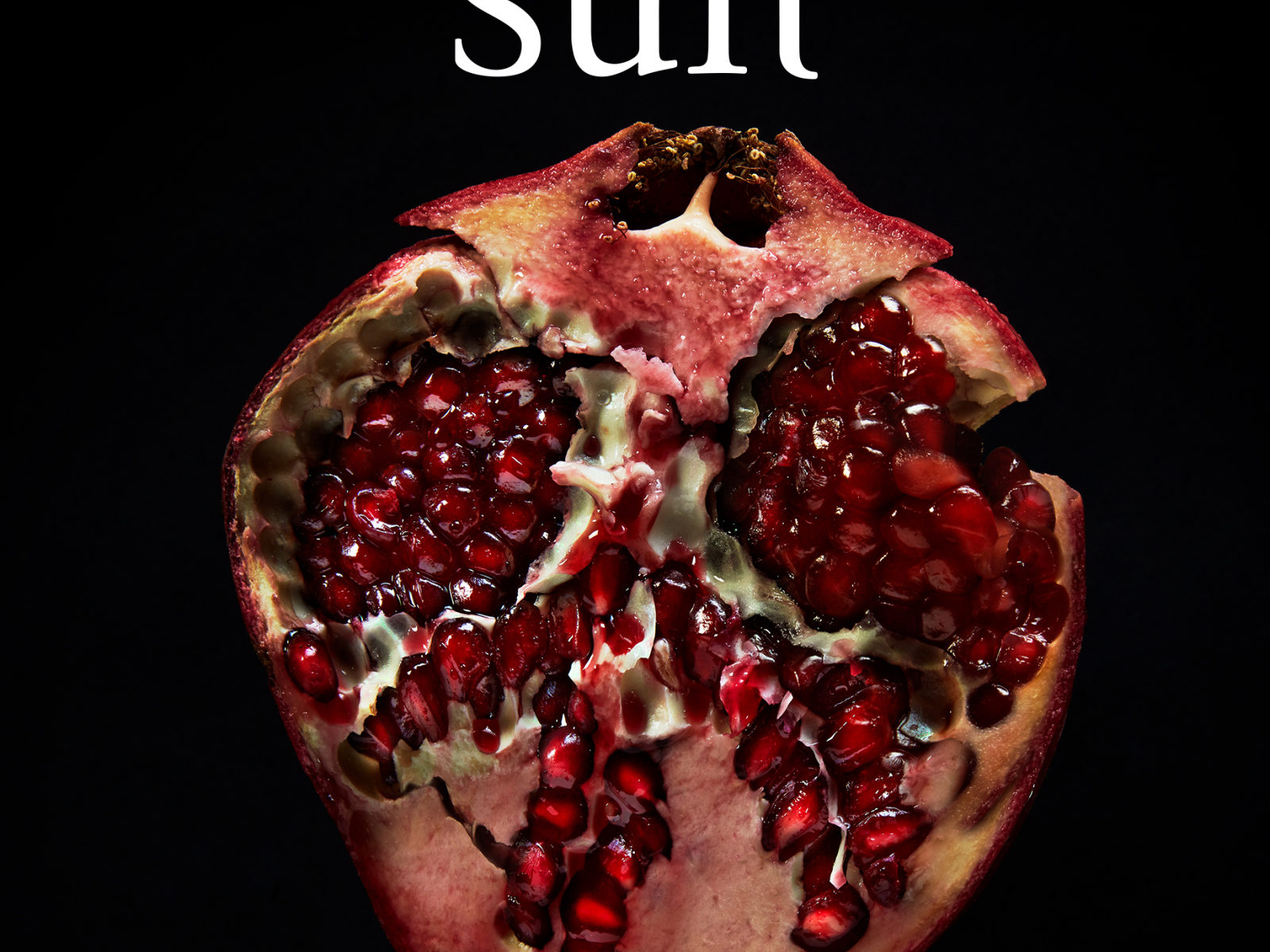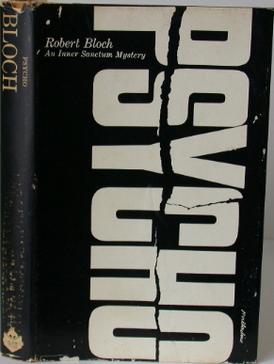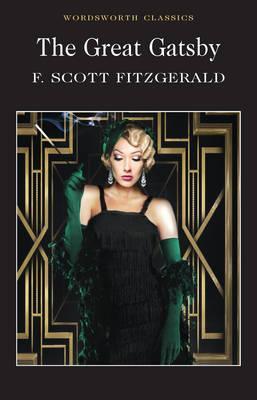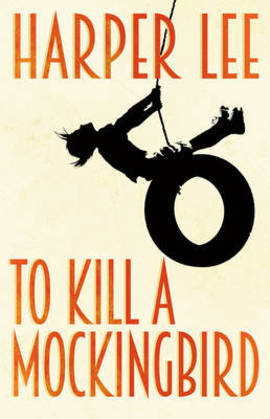Carol Margaret Davison’s ‘Bodysnatcher’ tells the story of both the aftermath and the ongoings of the infamous Burke and Hare murders. The story is told between a series of journal entries and varying perspectives of Burke and his partner, Nelly. Whilst diving into the horrendous murders and historical streets of Edinburgh, the reader is introduced to the female gaze through Burke’s lover, we get a ‘he said/she said’ perspective on the gruesome tale. When we are first introduced to the characters, Burke has already been jailed for his crimes, contemplating his many murders whereas the reader is shown a more empathetic introduction to Nelly who seems to have lived with misfortune throughout her entire life and yet she persists. In this tale full of cruel and murderous men, the resilience of women stands out. From a seemingly innocent romance between Nelly and ‘Billy’ Burke, his true character is shown as the plot develops. Instead of focusing on the inevitable ‘graverobbing’ murders, Davidson explores the many hardships the women of this era had to suffer as their formerly loving partners turn into malicious beings. Davidson also pays tribute to the innocent victims of Burke and Hare instead of glorifying the infamous murderers. Instead, we see a more human side to the story; Nelly and Billy’s pasts and what brings the couple together as well as what ultimately tears them apart. The book is a hit for fans of romance, history, gothic fiction, and crime; a little bit of everything.
Fix the System, Not the Women – Review
Laura Bates explores the everyday issues that women must face in a patriarchal world as well as the deep-rooted issues that leave women constantly aware of their surroundings and living in a constant state of fear whether it is something little or something that engulfs their entire lives. This eye-opening book discusses the many ways in which women have been told to change their behaviour to adhere to a patriarchal society. We are taught that it is our fault for unwanted comments, sexual assaults, workplace harassment or murder. Bates goes on to explain that from a young age we are immediately devalued as women, the responsibility is put on women to quieten ourselves to stay safe. The real problem lies with not putting the responsibility on men to make women feel safe, instead women are told how to behave. Bates uses extracts from her ‘everyday sexism’ project where women share their stories about being violated or assaulted by men; to some these stories may be shocking. But to others we know these stories or a familiar version of these stories all too well. This is a powerful piece of work that everyone, and I mean everyone, needs to read this book.
How to Survive Everything by Ewan Morrison – review
‘How to Survive Everything’ tells the story of a post-covid world from the perspective of a teenage girl, Haley. Around her, she is dealing with the passive aggressiveness of her divorced parents, the pains and struggles of going from teenager to an adult, and of course, a global pandemic.
Set after the current pandemic, it raises the questions ‘what next?’ and how do we, as a society, recover from such a devastating loss of human life alongside terrible world leadership. The book reads like a warning of what could happen if we ignore the mistakes of the past and go back to our self-indulgent ways. Ewan’s book is an incredible dissection of humanity and the fragility of life in these catastrophic global situations. The use of a teenage girl as the narrator is crucial in telling this story as the reader sees the world from Haley’s positive, anxious, curios and cautious eyes. The emotional journey Haley goes through reflects all of our collective thoughts throughout this current pandemic, the hopelessness, the optimism, the scepticism and of course, adjusting to a new world and a new way of life.
The book is also written like a survival guide. Giving the reader genuinely good advice on how to survive an apocalyptic pandemic, whilst also letting the reader know that the most important part of survival is about cherishing those close to you. Despite the overarching theme being a pandemic, it is a great topical read that I would highly recommend.
Midnight Sun – review
Twelve years after the publication of the last book in the Twilight series, Stephanie Meyer published twilight from the perspective of Edward Cullen. As a fan of the Twilight series as an adolescent. I had recently become reintroduced to the world of angsty, vampire/human romances. It felt like a warm welcome despite the not-so-great writing. Any young girl in their adolescence is shamed for any of their interests, especially if they involve brooding vampires played by Robert Pattinson. Coming back to the world of Twilight now, it is nice to enjoy the ridiculousness of the Twilight universe alongside the well written aspects guilt free.
In Midnight Sun, we see the love story from Edward’s perspective. We see how infatuated with Bella he really is, unlike the portrayal of Edward’s emotions from twilight in both the film and book. His obsessive behaviours and need to “protect” Bella have odd, but justifiable reasons. Edward is a “vegetarian”, (he only kills animals to eat instead of humans) but finds Bella’s blood irresistible for some reason. This unexplained obsession leads Edward to timidly pursue Bella romantically. Edward watching Bella while she sleeps is even somewhat justified; he is attempting to get used to the scent of her irresistible blood. Still creepy and violating, nonetheless.
The book also shows a deeper insight into Bella and Edward’s relationship. The pair ask each other questions each day, taking turns each day to ask questions about one another’s lives. There is a deeper sense of meaning and joy between the couple in comparison to Bella’s perspective and especially in comparison to the films. There is also more background knowledge on the Cullen family and their views on Edward pursuing a romantic relationship with a human.
Overall, it was an entertaining read, not fantastic but good, and a great form of escapism from the real world. Especially reading this with a sense of nostalgia from previous years; to now enjoying some aspects of Twilight unapologetically.
Ali Smith – Autumn
Smith’s post-Brexit novel gives an insight into the political uncertainty of the 21st century. From 2016 onwards we have been fed a constant stream of lies from politicians and Smith’s book reflects this mistrust between the people and those in power.
The main protagonist, Elisabeth, is caught up in the turmoil of post-Brexit Britain whilst trying to navigate a normal life amongst this chaos. The text has a dreamlike quality to it, almost reminiscent of how the past five years have felt surreal. Elisabeth looks up to a man called Daniel, who is almost a century old and has taught her many lessons throughout her life. Daniel, however, is nearing the end of his life. Daniel represents everything that Elisabeth lacks in her life. He has lived through a multitude of historical events whereas Elisabeth is living her life through political uncertainty, working part time, with no sense of permanence in the 21st century.
Daniel floating in and out of consciousness while in the hospice represents the slow death of culture, history and identity. The book shows how there has been a slow decline in the importance of these historical events. Perhaps pointing out that as a society we have slowly grown further and further away from the significance of these life altering events, as we have become so accustomed to them.
Previously I had not particularly enjoyed Smith’s work, however after reading ‘Autumn’as part of my university course, I was deeply intrigued by her style of writing and I am looking forward to reading or re-reading more of her work.
Review: Psycho by Robert Bloch
Robert Bloch’s portrayal of a seemingly innocent hotel owner takes a dark twist as the murder of a young woman takes place at the hotel.
Norman Bates is convinced his unstable mother was the one who murdered the guest while in the shower, as he suffers from a personality disorder and puts the blame on his deceased mother. A detective is hired to investigate the mysterious disappearance of the murdered woman, Mary Crane, as she has stolen money from her boss and fled in order to hide from her crimes. Norman answers the detective’s questions nervously, making the detective more suspicious of Norman for being a potential suspect to her disappearance.
‘Psycho’ explored the themes of the insanity of a man with a split personality disorder due to his dysfunctional relationship with his mother. He blames her for his dark thoughts, and inevitably blames her for the murder of Mary Crane. I really liked the portrayal of his insanity and how he thinks he is innocent due to his split personality. It reminds me of my favourite gothic novel ‘The Strange Case of Dr Jekyll and Mr Hyde’ – both these novels both explore the themes of good versus evil. I haven’t seen the movie adaptation of the book, which I am looking forward to.
Review: The Great Gatsby
Scott Fitzgerald perfectly captures the reality of the American dream in ‘The Great Gatsby’ set in the 1920’s; Nick Caraway lives alone trying to earn a living in the American Dream. Nick lives next to Jay Gatsby who hosts extravagant parties, which he never seems to attend. When Nick eventually comes to know Gatsby, he discovers that, like his parties, he is a very extravagant person with many stories to tell about his life.
Jay Gatsby and his long lost lover eventfully meet and their romance blossoms like it did before, as the novel goes on, we see that Gatsby relies on a luxury lifestyle in order for him, Daisy and all the other characters to live a seemingly “happy” life which all comes to a tragic ending.
One of my favourite themes in this book is how despite all the luxury of the idealistic American dream, the characters still feel that there is something missing from their lives and the tragic ending shows how despite Daisy’s love for Gatsby, she still let him take the blame for the woman she hit with Gatsby’s car. Fitzgerald’s writing is enthralling: his way of depicting romance is stunning whilst also showing the social themes of the 1920’s when the idea of the American dream was coming to an end. The story of a romance, which falls apart, ultimately ending in murder is symbolic of how the unrealistic goals of the American dream and the over-romanticized view of what life should be like eventually decays and falls apart.
Review: To Kill a Mockingbird
Book Review
The brutality and sheer horror of racial discrimination in the 1930’s as told through the eyes of children. ‘To Kill a Mockingbird’ by Harper Lee explores the themes of justice, social inequality and prejudice. The children’s innocence is so contrasting to the social injustice surrounding them in an extremely racist white community.
The novel starts off fairly innocent as the children in the novel are almost naive to the racial discrimination surrounding their worlds but as the novel goes on and Atticus Finch defends a black man who is accused of raping a white girl and Jem and Scout are bullied by other children because of this, highlighting the racism and hatred of the white community. Soon the children come to realise that the world they live in is cruel and unjust.
Their first judgments of the character of ‘Boo Radley’ is that he is a terrifying monstrous like character but they soon come to realize that he remains in his house for the mast majority of the novel as he is shy and occasionally violent hence why there are so many bad rumours about him which is symbolic to the racism against the black community that the children are almost naive to.
He is seen to be a monster to the children which is ironic, as Arthur Radley has seen the cruelty of the people in the community hence why he choses to stay inside. He shows true kindness towards the end of the novel when he saves the children from Bob Ewell.
The children soon see a different side of him after the trial when they see the cruelty and power of white men. “Scout, I think I’m beginning to understand something. I think I’m beginning to understand why Boo Radley’s stayed shut up in the house all this time… it’s because he wants to stay inside.”
The change in their lives after the trial is reflected on their views of Arthur Radley as they clearly see the clear difference between good and evil and they so wrongly judged him at the start of the novel just as the racist white community wrongly judged Tom Robinson when he is assumed to have raped a white girl and the novel tragically ends with his death due to the wrong accusations of the white men in power.
I think the character of Arthur Radeley is very symbolic of people assuming things based on rumours and wrongly judging good people.




